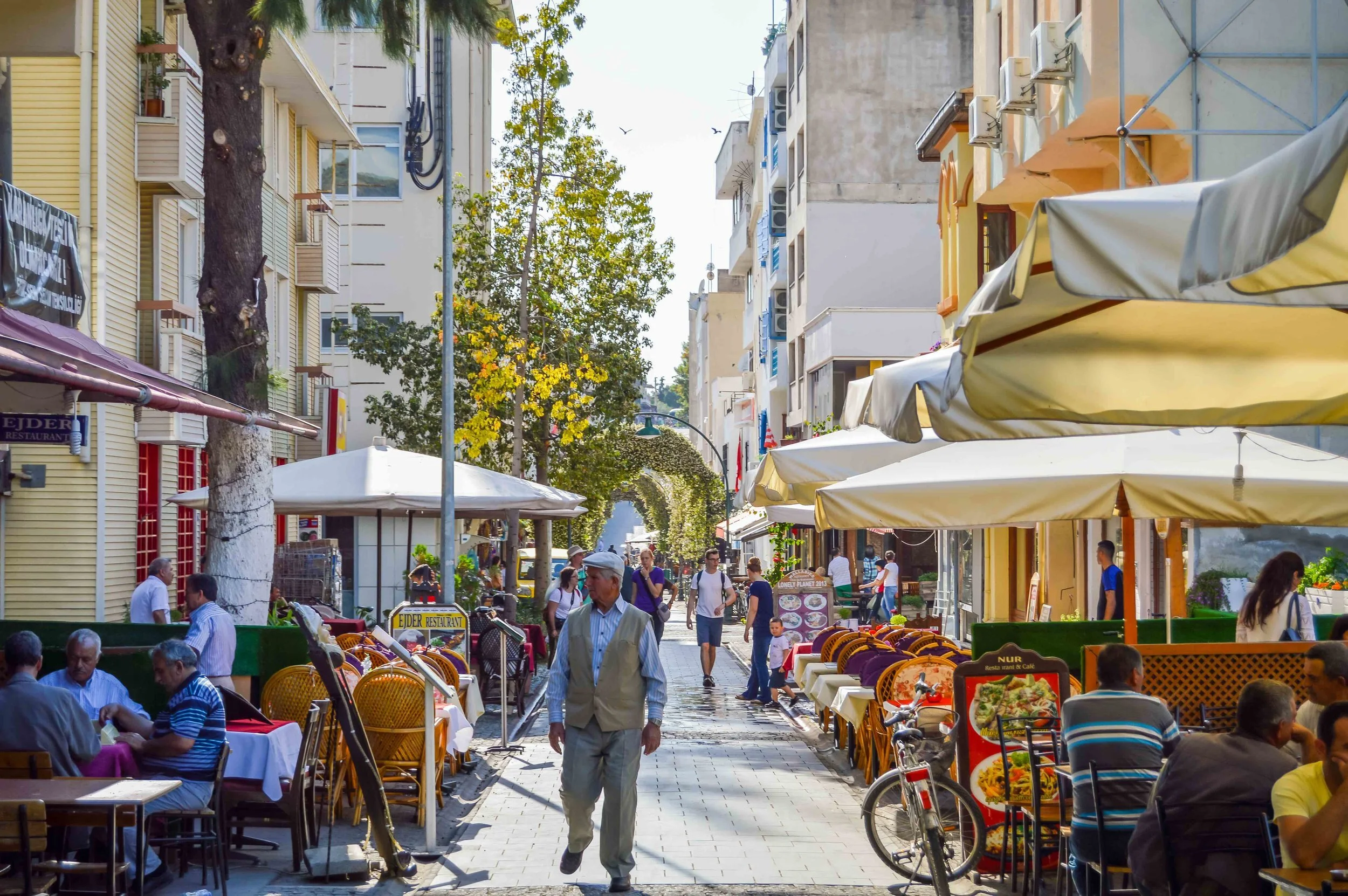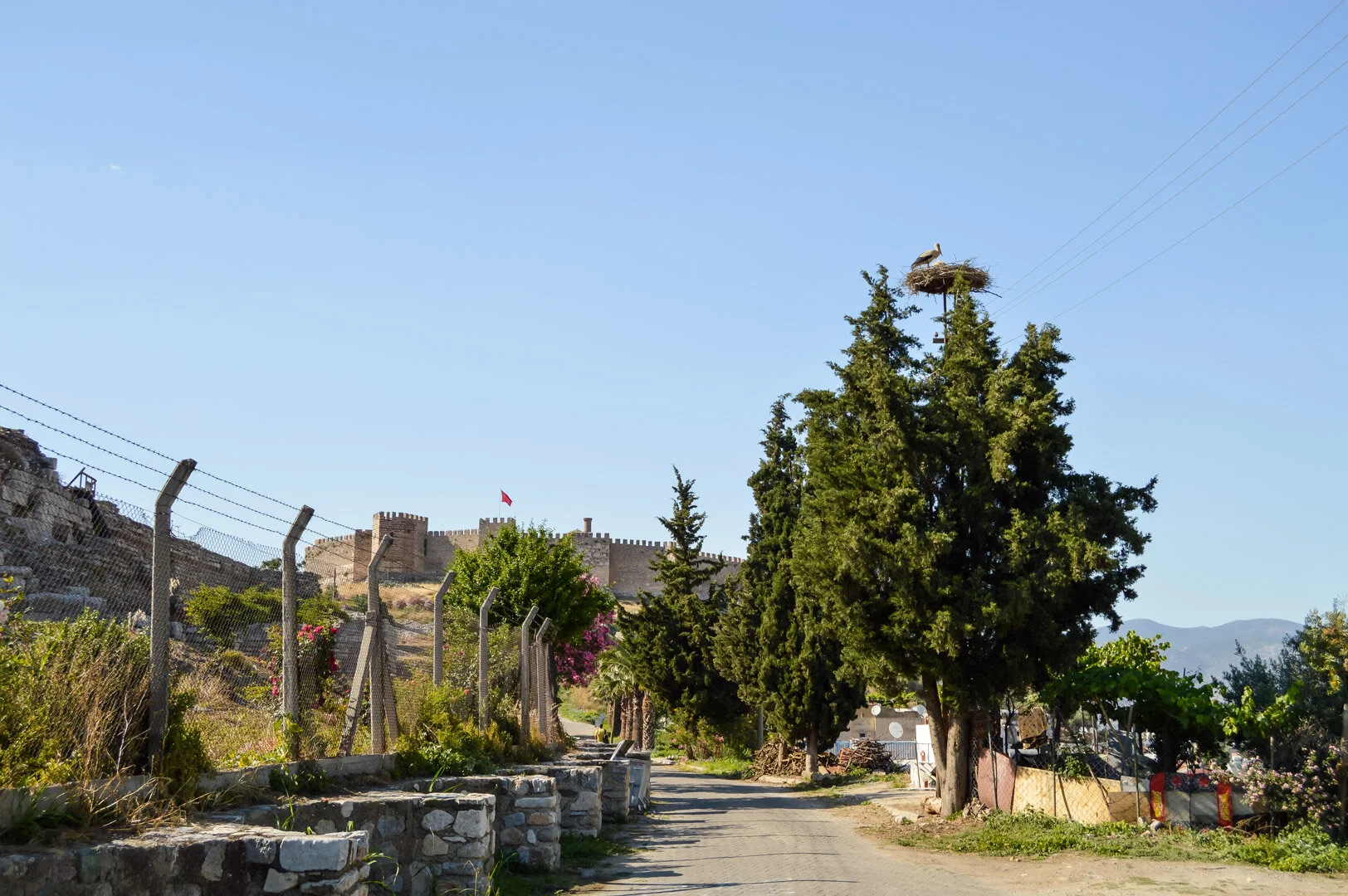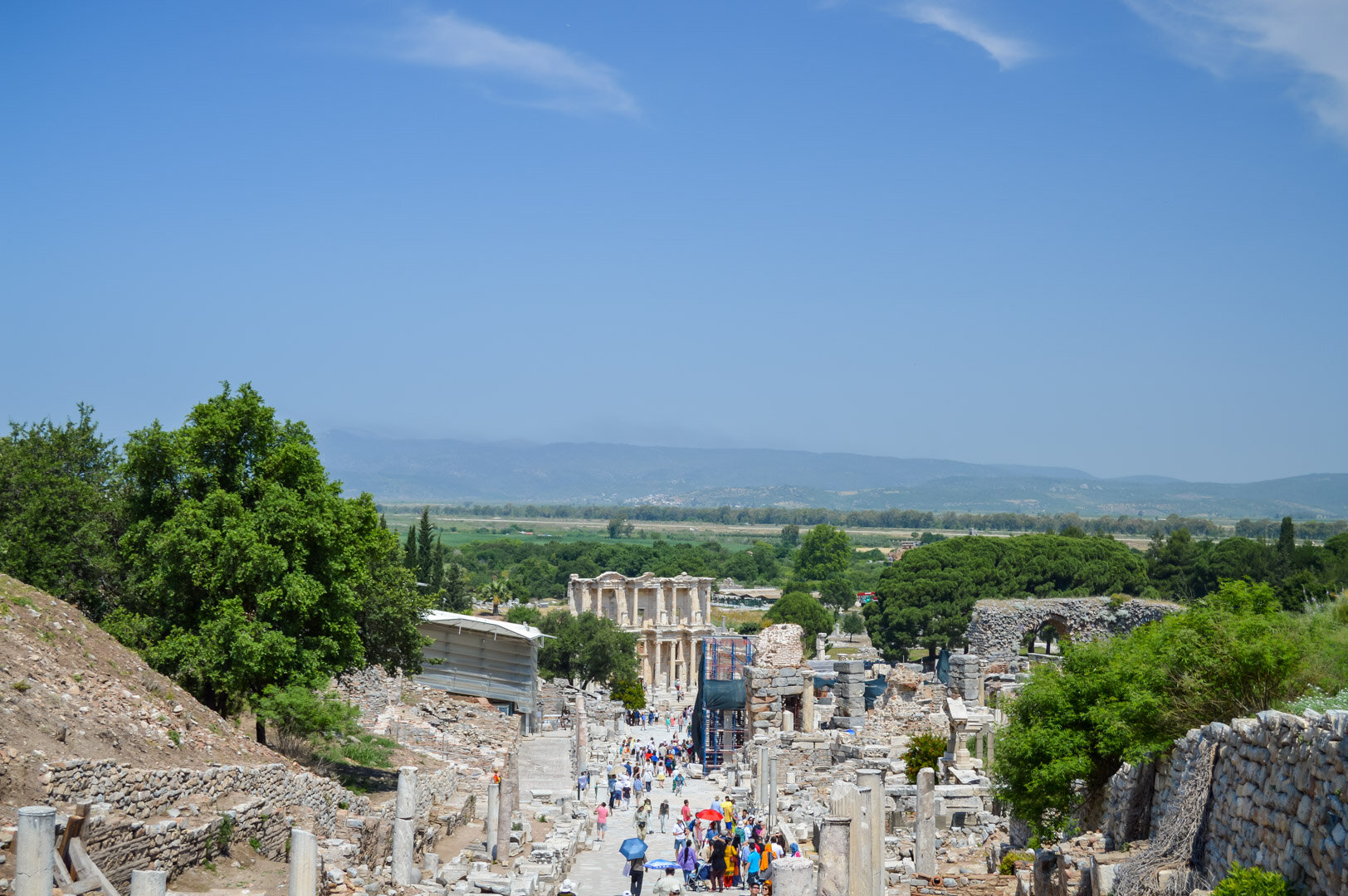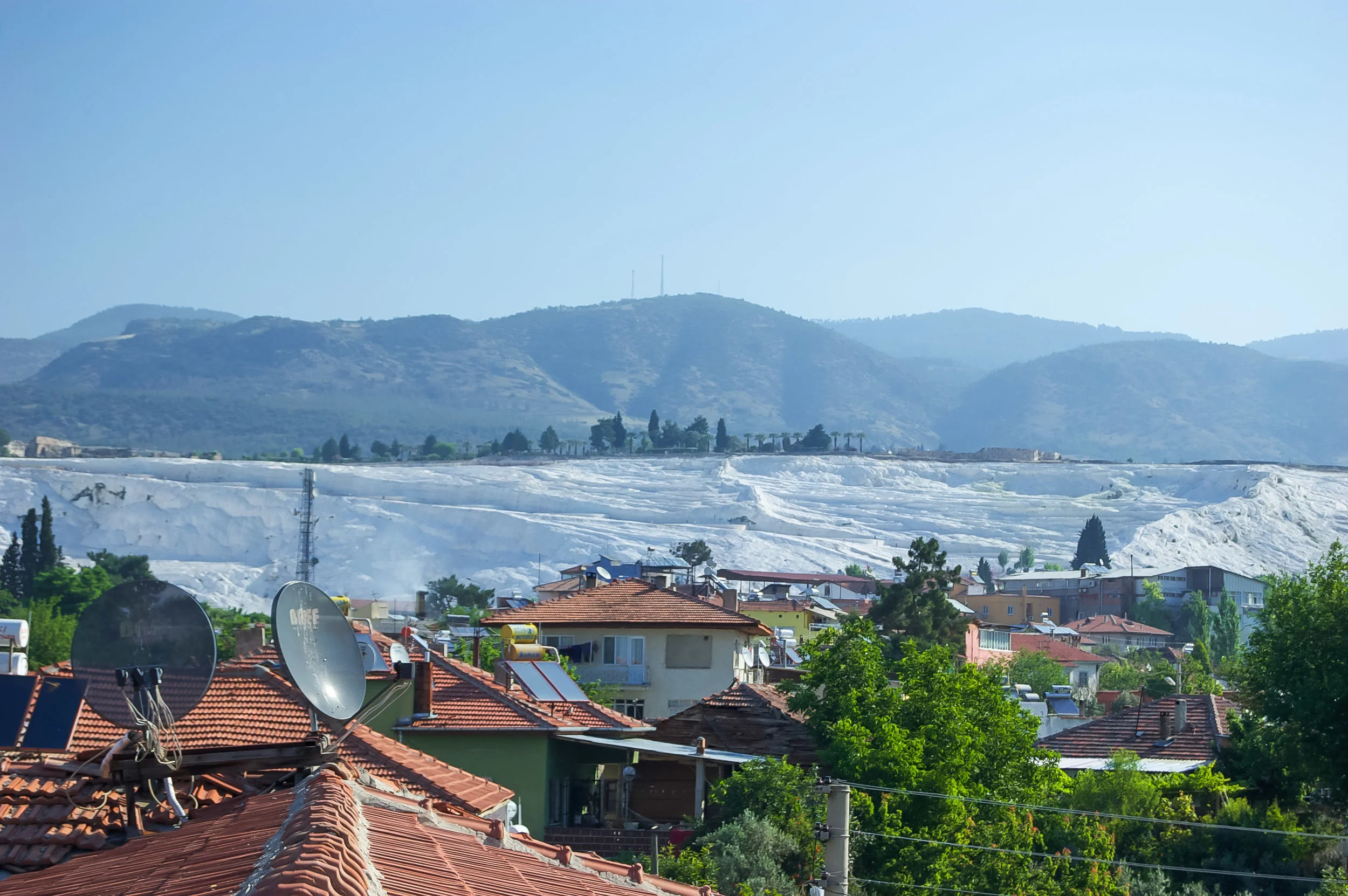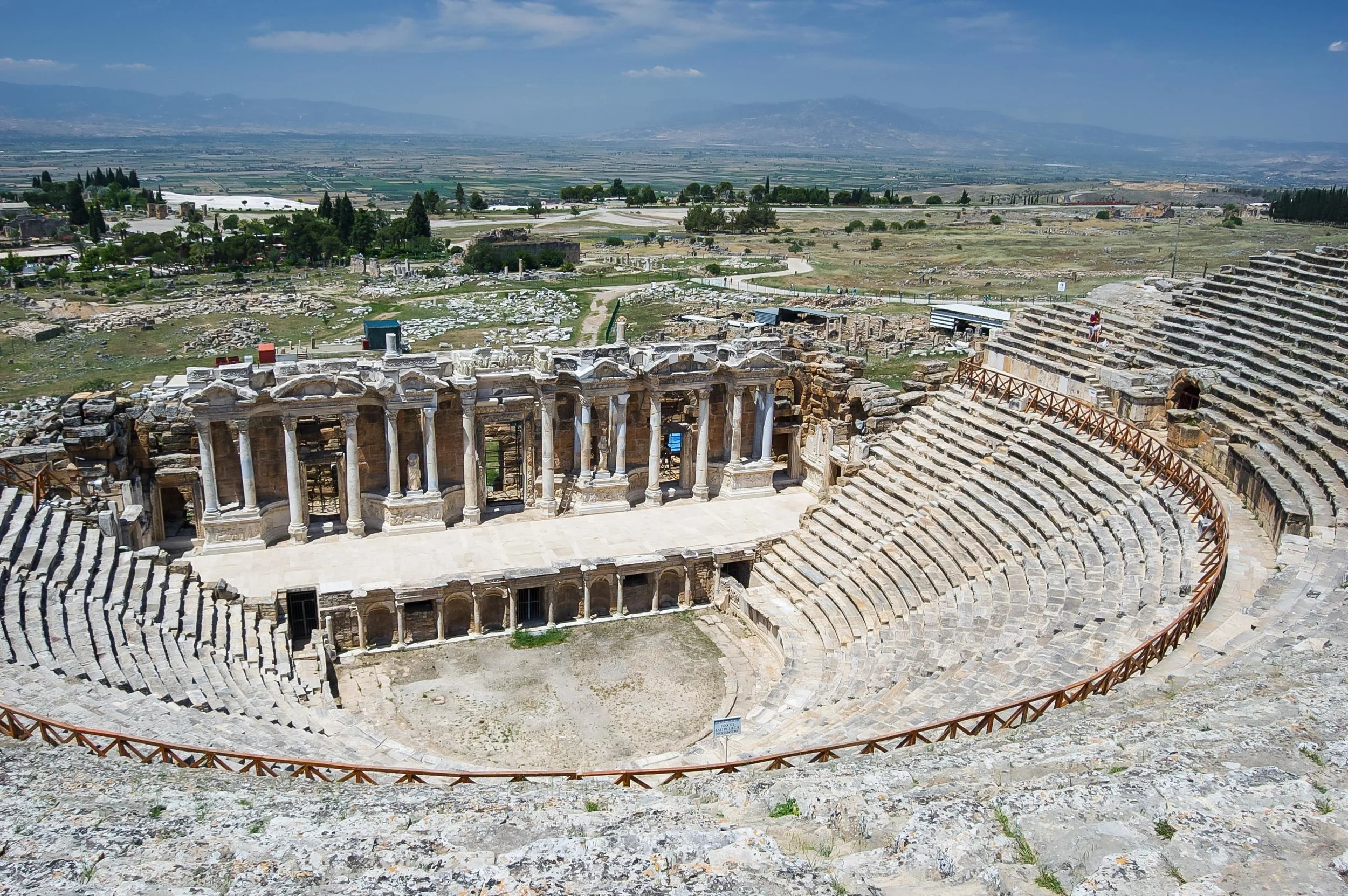Turkey Photography Guide Part 4 - Ephesus and Pamukkale
Written and Photographed by Mike Lindle
Traveling to these destinations in 2014 I can now look back and reflect on the important of good lighting! While these locations are some of my favorites during the tour around Turkey they Ephesus and Pamukkale were both day trips. That meant I had to shoot in broad daylight with the harshest and highest-contrast lighting. Regardless, exploring these areas was a ton of fun and I’m glad I can still highlight a few photo-worthy locations found here.
Istanbul
Turkey
Part 4 - Ephesus / Pamukkale
Selçuk Walking Street
Nothing more than a pedestrian mall, one of the main streets in Selçuk. Lined with street vendors and restaurants, this is your best chance to grab a meal!
Pro Tip - Especially cool location for street photography.
Cost - Free
Camera - Nikon D3200
Selçuk Fortress (Ayasuluk Citadel)
Sitting one mile from the ancient Greek city of Ephesus, this castle was built using stones from abandoned and pillaged Greek and Roman ruins. After the site had switched powers between various wars, it now sits as a landmark, in ruins, of Selçuk.
Pro Tip - The view is better from outside!
Cost - Free
Camera - Nikon D3200
City of Ephesus and Library of Celsus
Built in the 10th Century BC, this ancient Greek city was one of the twelve cities of the Ionian League. Once it officially became part of the Roman Republic in 129 BC, the city continued to grow and thrive. This city was best known for the Library of Celsus, an amphitheater with a capacity of roughly 25,000 spectators, and the once mighty Temple of Artemis. Ephesus had one of the most advanced aqueduct systems in the ancient world. In some instance, channeling water nearby natural hot springs allowing for warm water in an ancient society.
Pro Tip - Hang out with the street cats.
Cost - ₺60 ($10.29)
Camera - Nikon D3200
Temple of Artemis
This temple, one of the Seven Wonders of the Ancient World, was located in Ephesus. After enduring a devastating flood, it was rebuilt only to be torn down again three hundred years after as an act of arson. It’s final form was that ancient wonder. Unfortunately, by 401 AD it had been destroyed yet again by invading turks. What is left is only the foundation and ruins of the temple.
Pro Tip - It’s a cool sight, but don’t prioritize this destination as the temple is unfortunately no longer visible.
Cost - Free
Camera - Nikon D3200
Travertines of Pamukkale
Pamukkale translated to english means “Cotton Castle”. These natural-formed hotspring travertine terraces are found in Turkey’s Denizli region in the town of Pamukkale. A popular tourism site for thousands of years, people travel here to experience these beautiful / bizarre formations and to soak in the mineral-rich hot springs.
Pro Tip - I regret not being here for sunset, it did not work into the travel plans.
Cost - ₺35 (~$6.00)
Camera - Nikon D3200
Hierapolis at Pamukkale
Hierapolis, an ancient Greco-Roman city was built on top of the “white castle" (Pamukkale). These roman ruins have been relatively well-preserved. At the top of the Pamukkale Travertines you’ll find an ancient amphitheater and a few tourism-friendly swimming pools.
Pro Tip - Grab a beer, an ice cream, and hang out on top.
Cost - Included in entry to Pamukkale Travertines
Camera - Nikon D3200
If you enjoyed this article, feel free to check out our Aerial and Timelapse YouTube Channel!


